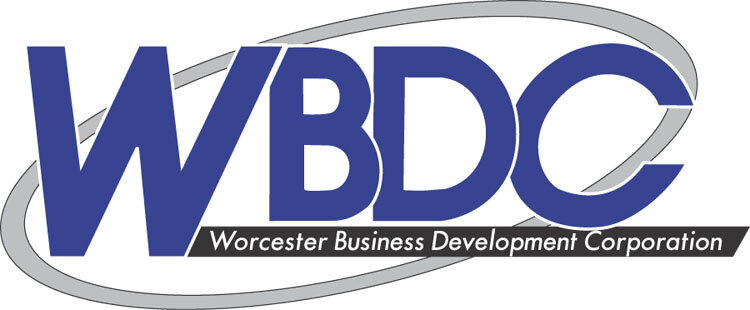Master Plan Envisions ‘Vibrant’ Theater District
Richard Duckett, Worcester Telegram & Gazette
An ambitious “Theatre District Master Plan” envisions a revitalized “18-hour” mixed-use neighborhood, “supporting a vibrant entertainment and cultural environment” that would be created in part by substantial renovations of existing space and buildings and even demolition and new construction in the downtown area.
The 82-page draft master plan prepared for the Worcester Business Development Corp., in association with the city’s Executive Office of Economic Development, has recently been released and is available online at www.worcesterma.gov. The city will hold a community meeting in January for public comment and the plan will be submitted to the City Council for its review.
Specific dates for meetings had not been announced as of last week. A round-table discussion about some of the plan’s proposals was held last month at The Hanover Theatre for the Performing Arts, 2 Southbridge St.
According to the master plan, “Key corridors, including Main Street, Federal Street and Front Street will serve to tie district-wide activity together to make a walkable, inviting center of activity.”
Federal Street, “the heart of the district,” will be a “tightly compressed pedestrian street plaza — a public gathering space — lined with food, entertainment and retail activity that … creates a sense of place; serves as the center of the expanded theatre/creative district and connects all of the entertainment and creative venues both in the district and throughout downtown.”
“Key destinations” within the theater district include The Hanover Theatre, City Hall, the YWCA, the Worcester Public Library, and a transformed 20 Franklin St., while important locations outside the immediate district such as Union Station, the DCU Center, and Mechanics Hall “will connect to continue the comprehensive transformation of downtown Worcester as the heart of one of New England’s great cities.”
Among redevelopment proposals, the master plan considers 20 Franklin St., formerly the Worcester Telegram & Gazette, as “well positioned to be the next catalytic development in downtown Worcester.” Three uses of the building are advocated — an “Innovation Center” (essentially, providing facilities for business startups); an academic tenant (along with ground floor restaurant and retail areas); and a theater/conference center off Allen Court (itself to be renovated) with a front door on Main Street.
The master plan, in discussing a theater-conference center for 20 Franklin St., notes that the Merrimack Repertory Theatre of Lowell has indicated interest in a two-city operation and location with Worcester. The master plan recommends the demolition of the Main Street block, 517-521 Main St., to connect to a theater-conference center at 20 Franklin St.
Renovations are recommended for a number of other buildings around that area, such as the Denholm Building (484 Main St.); the former Performing Arts School of Worcester Building (29 High St.); and the Midtown Mall (10 and 22 Front St.) to enhance or create retail and gallery space, entertainment, market-rate housing, and even (in the case of 507 Main St.) a “boutique hotel.”
At last month’s discussion at The Hanover Theatre, and at a subsequent meeting of the Worcester Public Library Board of Directors library district task force, objections were raised to the idea of ice hockey rinks on the site of the Francis J. McGrath municipal parking lot next to the library.
The draft plan notes that the idea “raised questions” and concludes that “this Master Plan does not advocate for any particular use of activity” of the parking lot, other than to “highlight the redevelopment potential of the site, and argue that acreage committed to surface parking impedes the development opportunity of a broader Theatre District vibrancy.”
For those wondering about how much a theater district would cost, the draft states, “This Vision must be built with an understanding of the strengths, and challenges, of the current marketplace and the need to support the many investments already made by many dedicated stakeholders. The realization of this Plan requires partnerships with other active property owners and investors including residential developers, CitySquare II Development Company, LLC (CitySquare), and Massachusetts College of Pharmacy and Health Sciences.”

